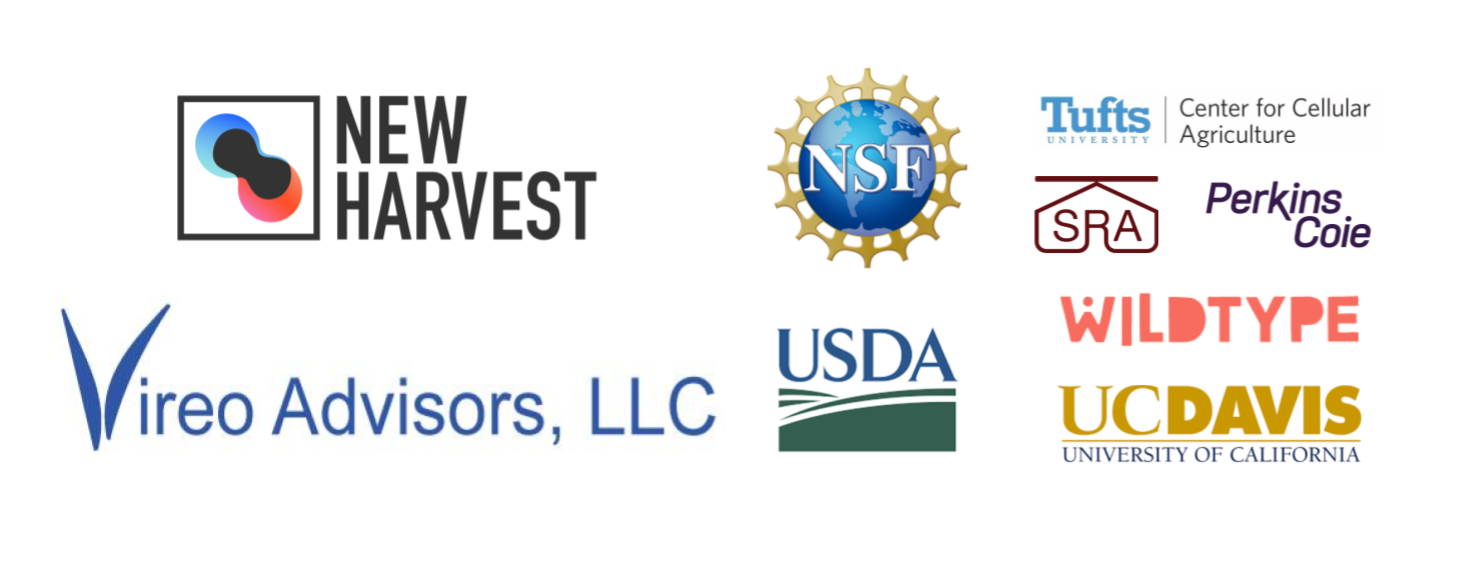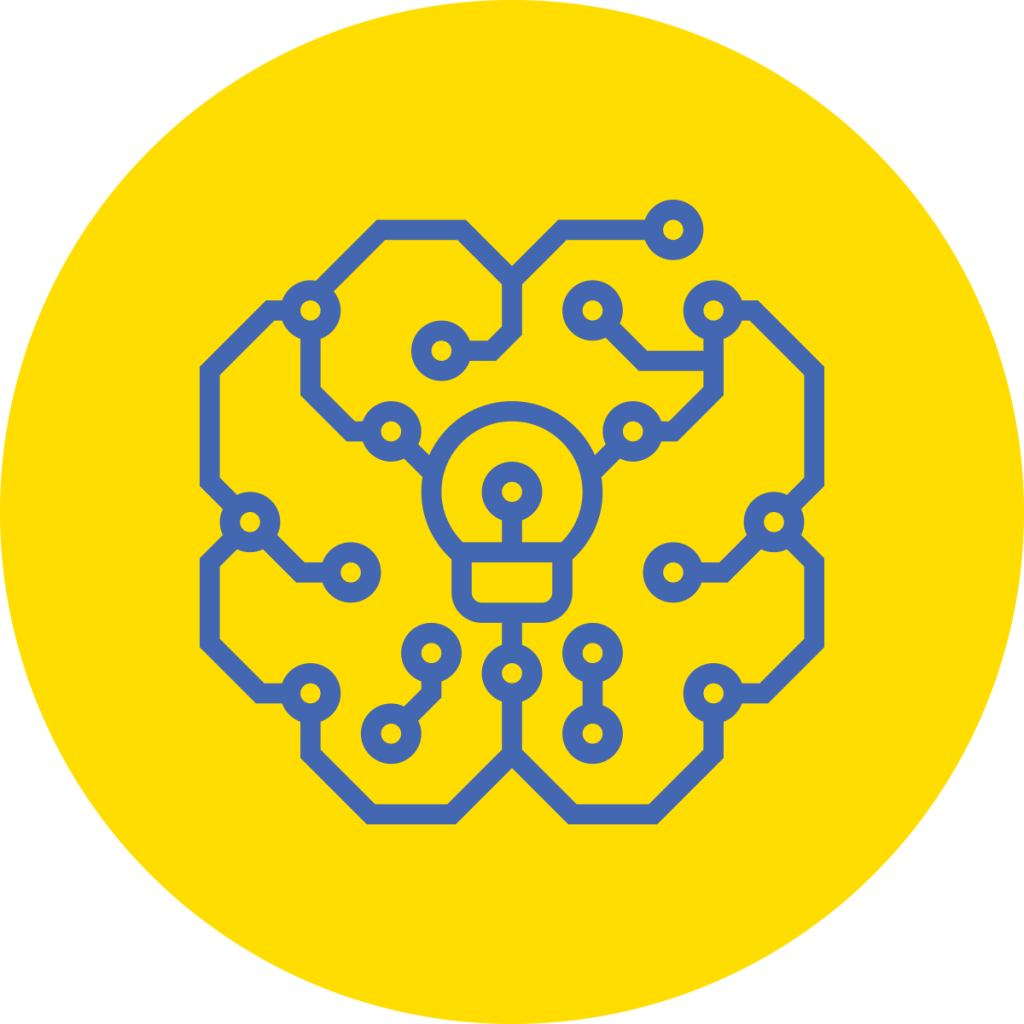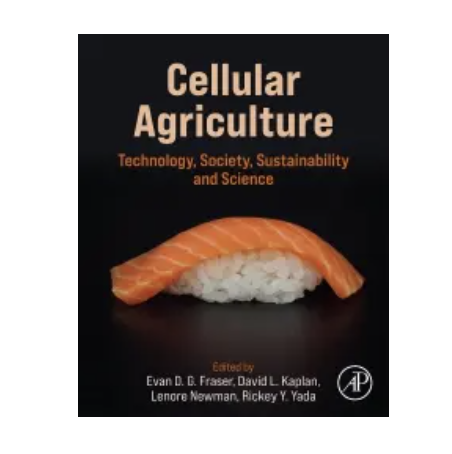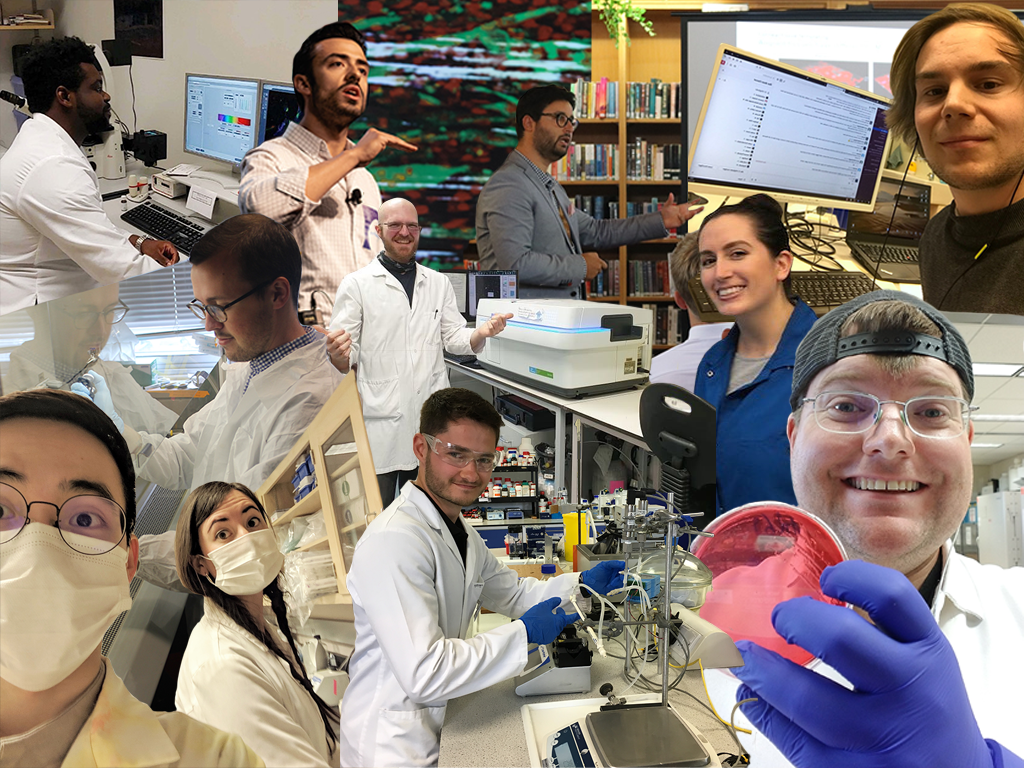- Overview
- Background
- Updates
Overview
The Cultured Meat Safety Initiative (CMSI) is a joint initiative between New Harvest and Vireo Advisors aiming to address critical technical, methodological, and informational challenges related to evaluating the safety of cultured meat (CM) products.
CMSI involves the convening of diverse stakeholders, including industry, governmental scientists, regulators, academic researchers, and others. Gaining such varied perspectives advances public knowledge and the practice of food safety for CM products by identifying and addressing data gaps. Research conducted to develop data and methods build the necessary support elements for the emerging ecosystem, which can raise regulatory and consumer confidence, support industry efforts toward commercialization, and improve the efficacy of evaluation processes of regulatory safety reviews.
Building on progress from Phase I and Phase II of CMSI, New Harvest and Vireo Advisors are now working to convene diverse stakeholders to create the infrastructure for shared knowledge, methods, and data that address the priorities identified in Phase I and II. Our long-term goal is to coordinate and launch regional efforts to develop and validate analytical methods for CM safety analysis and use these methods to generate datasets that can be made publicly available to support transparent food risk assessments and policy-making processes.
87 people from 50 cultured meat companies and 48 governmental scientists and regulators from 15 jurisdictions around the world have identified the top safety research priorities for cultured meat products to reach commercial markets. Now, we aim to convene diverse stakeholders to create the shared knowledge, methods, and data that address the priorities identified.
The first step is to convene diverse stakeholders to discuss the findings to date and facilitate discussion on how to address the priorities. A series of working sessions are being held throughout 2024 - 2025 on Developing an Action Plan for Cultured Meat Safety Research. Learn more and apply for a working session here.
From these discussions, projects are being launched with international public and private collaborators to create the knowledge, methods, and data necessary to demonstrate the safety of cultured meat and seafood products. Learn more about ongoing projects below!
Updates
While Phase I and Phase II of CMSI focused on the important work of gathering insights from industry and governmental representatives, Phase III is focused on doing this work! See how we’ve making progress on creating the knowledge, methods, and data necessary to demonstrate the safety of cultured meat and seafood products.
Workshop Series: Developing a Cultured Meat Safety Research Action Plan
With funding from the NSF Decision, Risk and Management Sciences and USDA National Institute of Food and Agriculture, CMSI is hosting a series of working sessions to bring together key stakeholders from across the field, form collaborations, and develop actionable plans to advance research and methods on cultured meat and seafood safety.
Working sessions hosted or scheduled so far include:
January 12, 2024 – Boston, Massachusets
December 12, 2024 – Austin, Texas
March 12, 2025 – San Francisco, California
June 4, 2025 – Chicago, IL
Additional session dates and locations to be announced!
Learn more about the working session series and apply to attend here.
Workshop Supporters
Financial support for this working session series was provided by the US National Science Foundation (NSF) Decision, Risk and Management Sciences (Grant No. 2417703) and the US Department of Ariculture (USDA) National Institute of Food and Agriculture (AFRI project 2024-07959). Any opinions, findings, and conclusions or recommendations should not be construed to represent any official USDA or U.S. Government determination or policy.
In kind support has generously been provided by the Tufts University Center for Cellular Agriculture, The Society for Risk Analysis (SRA), Wildtype Foods, the University of California Davis Integrative Center for Alternative Meat and Protein (iCAMP), and Perkins Coie.

Ongoing Research Projects
Learn more about the research projects that have launched as part of the Cultured Meat Safety Initiative!
Methods Development for Measuring Growth Factors (October 2023 – present)
Growth factors are a key input in cultured meat production due to their roles in controlling cell proliferation and differentiation. Currently, the lack of standardized methods for measuring growth factors slows safety demonstration and regulatory review. A collaboration between Vireo Advisors, Multus, Aberytswyth University in Wales, Extracellular, and the British Standards Institute, this project aims to develop and validate analytical methods for reliably measuring growth factors that can be used to estimate exposure levels when consumed in cultured meat and seafood products.

Safety Assessed Media Ingredient (SAMI) List (May 2024 – present)
A collaborative project between Vireo Advisors, Good Food Institute APAC, and Singapore FRESH at National Technical University, this project aims to develop a Safety Assessed Media Ingredient (SAMI) List of commonly used media ingredients for cultured meat and seafood. The list includes nutrients that animals and fish produce and consume, such as vitamins, minerals, amino acids, and growth factors, and a safety assessment independent of regulatory considerations intended to be harmonized across regions as a first-level screening to reduce the level of effort for companies and regulatory reviewers. The SAMI list also aims to help companies screen products for residue levels of these ingredients in media formulations without having to undergo a new assessment and approval process.

Creating a Protein Thermostability Dataset to Accelerate Cultured Meat and Seafood Development (January 2025 – present)
New Harvest, Vireo Advisors, the Alberta Machine Intelligence Institute, and Defined Bioscience are collaborating to create an open-source, curated dataset that incorporates direct measurements of growth factor thermostability. We are aggregating protein thermostability data from the public domain and generating in vitro and in silico data on growth factor thermostability. Data will be processed for compatibility with AI/ML workflows and released in an open-source format, facilitating field-wide data-sharing and providing a foundation for developing AI/ML models for growth factor thermostability to understand the safety of their use in the production of cultured meat. Funding for this work is provided by Food Systems Innovation.

See More Initiatives

Artificial Intelligence and Machine Learning in Cellular Agriculture
Cost and scale are major blockers to cellular agriculture's success, but they are complex technical and economic challenges. Artificial intelligence (AI) and machine learning (ML) techniques could help to accelerate much of this work, but there is very little public literature on the various applications and benefits. Given the potential exponential impact of AI/ML, New Harvest and Alberta Machine Intelligence Institute (Amii) launched the AI in Cell Ag Initiative.

The Foundational Cellular Agriculture Textbook
Cellular Agriculture: Technology, Society, Sustainability and Science was designed to be the go-to reference for everyone in cellular agriculture - the textbook found in every company’s office, in every university lab, and in every aspiring student’s backpack.
The text provides a state-of-the-art review of cellular agriculture technologies, presenting foundational information with practical application insights. There are chapters on regulatory and policy issues, as well as reviews of the sustainability challenges of alternative proteins.
It is the first resource of its kind to take a practical approach to review the design, feasibility, and implementation of cellular agriculture techniques. With additional chapters on life cycle analyses and ideal transition scenarios, this book provides a resource for aspiring technology developers and academics alike seeking evidence-based assessments of the industry and its disruptive potential. The textbook was written by industry and academic experts for a balanced perspective of the field today and to inspire and shed light on a path forward.

The New Harvest Fellowship
The New Harvest Fellowship Grant is for forward-thinking graduate or postdoctoral researchers in cellular agriculture who want to be leaders in the field. The fellowship provides dedicated research funding, an international support system, and leadership opportunities. Beyond just research funding, the overarching goal is to empower future technical leaders in the field.

